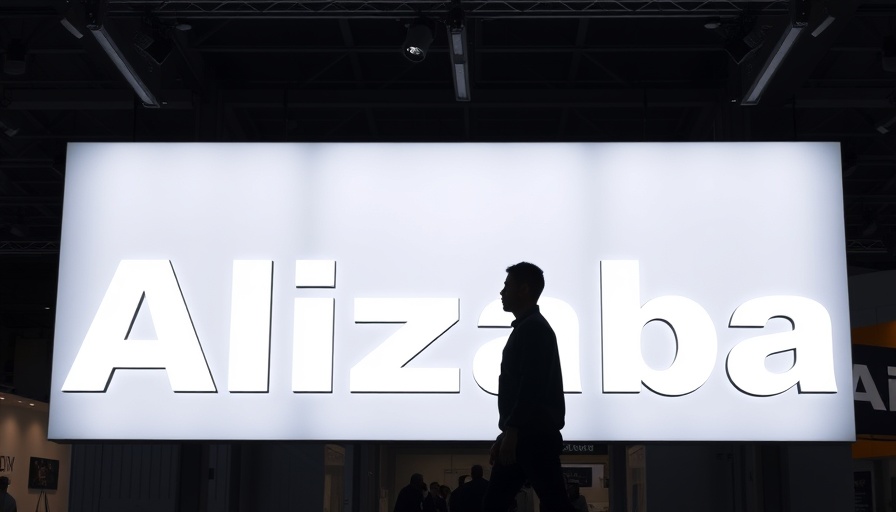
Is the Mini Crossword Worth Paying For?
This week, The New York Times shocked dedicated Mini Crossword fans by placing the beloved puzzle behind a paywall. As players scrambled to express their outrage on social media platforms, including TikTok and Reddit, a clear sentiment emerged: many view this move as an affront to their cherished morning ritual. TikTok user's comments, like, “Screw New York Times. Screw capitalism. I’m done,” encapsulate the feelings of countless others who feel abruptly disconnected from their daily crossword fix.
The Shift in Digital Puzzles
The decision to charge for the Mini Crossword, while keeping games like Wordle free, raises broader questions about the future of digital gaming and puzzles. Could this be a trend towards monetizing previously free content? With puzzles increasingly integrated into The New York Times’ brand since acquiring Wordle, which was heralded as a significant addition in 2022, the question remains whether other games may follow suit in the push for profit. Business owners should view this as a case study, reflecting on how value perception influences customer loyalty and engagement, which are critical components for any service industry.
Lessons for Businesses Using AI
This scenario can serve as a relevant illustration for small and medium-sized business owners, especially those new to implementing AI technologies. The backlash from crossword enthusiasts highlights how emotional connections tied to user experiences can directly impact public reception. It’s a reminder to businesses that maintaining customer satisfaction with existing offerings—whether they be puzzles or other services—is essential. As you explore AI tools designed to enhance efficiency and foster growth, consider how these changes might be perceived by your audience. Are they enhancements or disruptions? Conducting honest feedback sessions may help gauge customer reactions before significant shifts occur.
Understanding Consumer Sentiment
As many have jokingly threatened to “boycott” the New York Times games app, this situation illustrates the vital nature of understanding consumer sentiment. The outrage over the Mini Crossword paywall exemplifies how public initiatives can quickly snowball when users feel alienated. For entrepreneurs, this serves as a critical reminder: efforts to grow revenue should be balanced with initiatives that strengthen customer loyalty. An unfeeling transition may lead to backlash, whereas a thoughtful approach can enhance engagement.
As fervent discussions continue to unfold online, this incident serves as more than a fleeting moment of social media chatter; it’s a lesson in the realities of consumer loyalty, emotional attachment, and the business implications surrounding user experiences. For business owners, the key takeaway is to remain attentive to audiences and their benchmarks for satisfaction, ensuring that as you introduce new strategies or technologies, you remain aligned with their expectations and desires.
 Add Row
Add Row  Add
Add 










Write A Comment